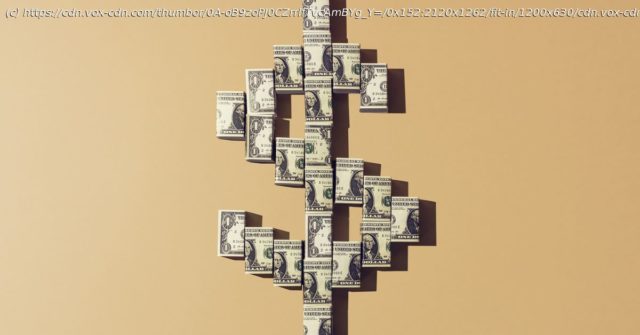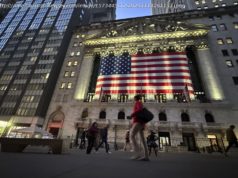A recession is still possible and inflation is still higher than it should be, but the economy is far from a disaster.
It might be time to open up a perhaps surprising possibility here, at least if you’ve been paying attention to the chatter around high-profile layoffs and a potential recession. The economy seems like it’s … kind of in a pretty decent spot.
Employers added 517,000 jobs in January, according to the latest report from the Bureau of Labor Statistics, and the unemployment rate fell to 3.4 percent, its lowest level since 1969. Job growth was widespread across sectors, meaning a lot of gains all over the place. (There’s some wonkiness around this specific report’s numbers as reporting data has changed; still, this number and the overall trajectory are very strong.) Elsewhere in economic data, job openings rose in December and weekly jobless claims remain low. The US economy grew at a faster-than-expected pace in the fourth quarter of 2022.
Things are not perfect. The housing market is struggling, tech companies seem to be cutting parts of their workforces left and right, and inflation is still here and cutting into wage growth, though it’s slowing down. How far the Federal Reserve will go to tame inflation is the elephant in the room here, and one that could bring on the recession everyone’s been talking about for months.
Still, for all the sky-is-falling talk around the economy, it appears the sky is staying where it is for now. I called up half a dozen economists to ask the question a lot of people have right now: Is the economy good? The answer — with a multitude of caveats — was generally that it is.
“If you want a dramatic one-word answer, the answer is yes,” said Justin Wolfers, an economist at the University of Michigan. “Unemployment’s at a 50-year low, that’s the standard metric for thinking about how the economy is performing,” he said. “Job growth is continuing, so it’s not only good, it’s getting better, and it’s getting better at a really rapid rate. In 2022, we added the second-most jobs in recorded history, all the way back to 1939.”
“Hundreds of thousands of people getting jobs, the unemployment rate at a 50-year low, we shouldn’t be questioning whether that’s good or not,” said Claudia Sahm, a former senior economist at the Fed. She noted, though, that the situation is still complicated. “That doesn’t mean that we have ‘mission accomplished’; inflation is still high.”
“Overall, the nominal economy is extremely strong, the labor market is extremely hot, the issue is the gains we’re getting have been eaten up by inflation,” said Marc Goldwein, senior vice president and senior policy director at the Committee for a Responsible Federal Budget. “We’re clearly not in a recession, I don’t know why people have been saying that. But the big question is, what has to break?” Or maybe, he suggests, nothing has to break at all and the economy can just slow down without going negative.
It’s impossible to predict the future, and the economy has been super weird for a while — it turns out a global pandemic had the potential to throw a lot of things out of whack, as did Russia’s war on Ukraine, among other factors. Inflation makes everything feel terrible.
Still, for all the economic negativity going around lately, it could be a moment for at least a modest bit of optimism, with the understanding there are no guarantees going forward.
Despite all of the headlines around job cuts in tech, finance, and media (including the media company that owns the website you are reading right now), the job market genuinely looks really good. The rebound from the pandemic, during which millions of people lost work, has been swift and robust.






